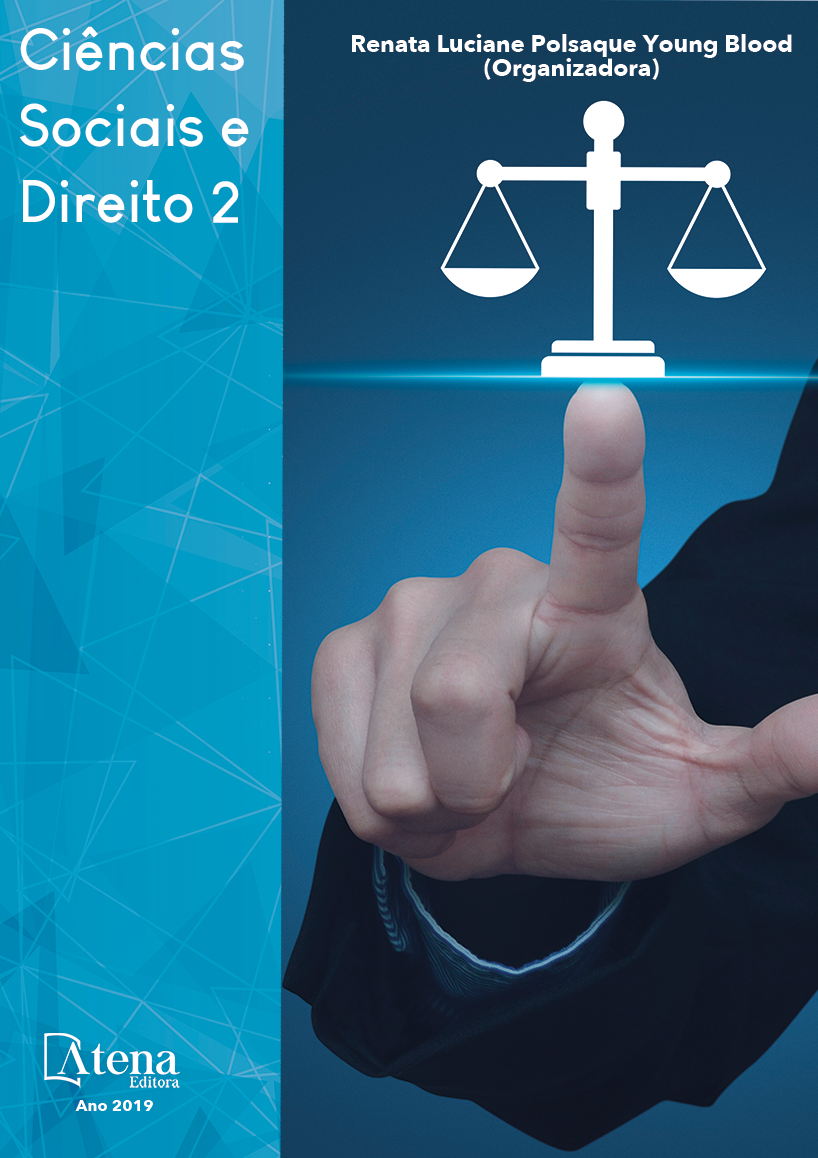
INSEMINAÇÃO ARTIFICIAL HETERÓLOGA: UMA PONDERAÇÃO ENTRE DIREITOS FUNDAMENTAIS
O presente estudo se presta a tratar
do tema da inseminação artificial heteróloga,
principalmente no tocante ao aparente conflito
que se estabelece entre o direito à identidade
genética, classificado como direito fundamental
implícito na Constituição Federal, e o direito ao
anonimato do doador de material genético, nos
termos do artigo 5º, inciso X, do mesmo texto
legal.
O estudo refere-se sobretudo à falta de
legislação específica em torno da problemática
exposta e propõe uma reflexão acerca da
ponderação entre os dois direitos expostos,
visando sempre atender os princípios da
proporcionalidade e razoabilidade.
Diante da escassez de legislação abordando
especificamente esse assunto, o tema
se estende às questões sociais que mais
influenciam o Direito quando se fala em
reprodução assistida, como vem acontecendo
com o conceito de família, que tem se modificado
– e se modernizado – conforme a evolução do
Direito das Famílias, valorizando, por exemplo,
a concepção de paternidade socioafetiva.
Além disso, pretende-se, com a discussão
proposta, apontar como podem surgir futuras
decisões considerando a divergência entre
direitos fundamentais.
No campo metodológico, optou-se pelo método
de abordagem indutivo, partindo da análise do
particular para o geral, à medida que o tema
se abrange em diversos aspectos e áreas do
conhecimento.
INSEMINAÇÃO ARTIFICIAL HETERÓLOGA: UMA PONDERAÇÃO ENTRE DIREITOS FUNDAMENTAIS
-
DOI: 10.22533/at.ed.63019160419
-
Palavras-chave: Direitos Fundamentais. Inseminação Artificial. Ponderação.
-
Keywords: Artificial Insemination. Balance. Fundamental Rights.
-
Abstract:
This assignment will approach the
issue of heterologous artificial insemination in
relation to the conflict involving the right to genetic
identity – classified as an implicit fundamental
right in the Brazilian Federal Constitution of
1988 – and the right to anonymity of the genetic
material’s donor in the instruments of free
availability of gametes – pursuant to article 5,
item X, of the same legal text.
The study refers mainly to the lack of specific
legislation on the issues raised and it proposes
a reflection about the balance between the two
rights exposed, aiming to meet the principle of
proportionality.
Faced with the scarcity of legislation in this
context, the theme extends to the social issues that most influence the Law when it
comes to assisted reproduction, as has been happening with the concept of family,
which has been modified - and modernized - according to the evolution of the Right of
Family, valuing, for example, the conception of socio-affective paternity.
In addition, it is intended, with the proposed discussion, to consider how future decisions
may be taken based on the divergence between fundamental rights.
In the methodological field, we opted for the method of inductive approach, starting
from the analysis of the particular to the general, as the theme is covered in several
aspects and areas of knowledge.
-
Número de páginas: 15
- Luiza Radigonda Lopes
- Sofia Pereira Ticianelli


